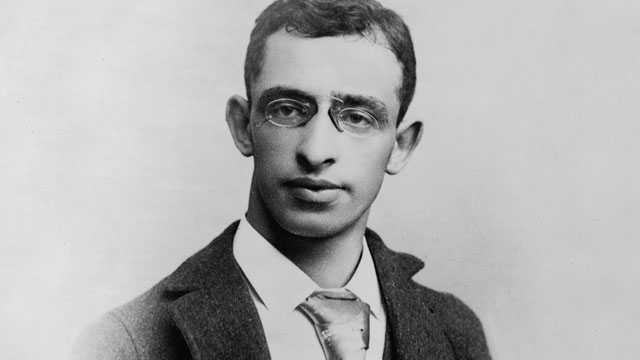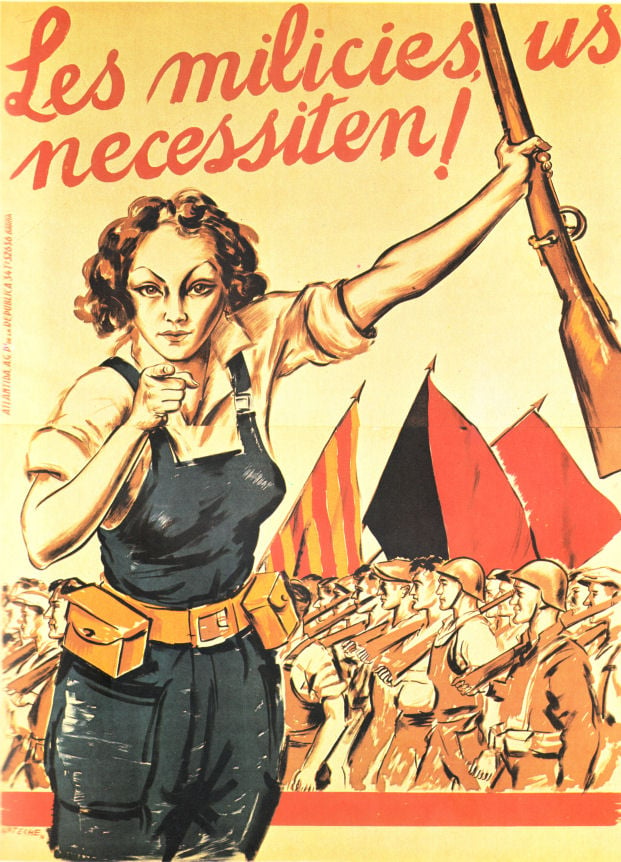- cross-posted to:
- workingclasscalendar@lemmy.world
stahmaxffcqankienulh.supabase.co
- cross-posted to:
- workingclasscalendar@lemmy.world
Alexander Berkman (1870 - 1936)
Mon Nov 21, 1870

Alexander Berkman, born on this day in 1870, was a leading member of the anarchist movement in the early 20th century, famous for both his political activism and his writing. He was the lover and lifelong friend of anarchist Emma Goldman. In 1892, undertaking an act of propaganda of the deed, Berkman made an unsuccessful attempt to assassinate businessman Henry Clay Frick, for which he served 14 years in prison.
Berkman and Goldman were later arrested for conspiring against the draft during World War I, deported to Russia upon their release. Initially supportive of the Bolshevik revolution, they soon became disillusioned, voicing their opposition to the Soviets’ use of terror after seizing power and their repression of fellow revolutionaries.
Among Berkman’s most notable works are “Prison Memoirs of an Anarchist” (1912), an account of his 14 years in prison after attempting to assassinate Frick; “The Bolshevik Myth” (1925), describing his experiences in Bolshevist Russia from 1920 to 1922; “Now and After: The ABC of Communist Anarchism” (1929), which anarchist Stuart Christie called “among the best introductions to the ideas of anarchism in the English language”.
“No intelligent radical can fail to realize the need of the rational education of the young.”
- Alexander Berkman
- Date: 1870-11-21
- Learn More: en.wikipedia.org, theanarchistlibrary.org, www.gutenberg.org.
- Tags: #Birthdays, #Anarchism.
- Source: www.apeoplescalendar.org


The Bolshevik Myth is definitely a recommended reading to learn about the Russian revolution.
Along with Emma Goldman, he arrived as an exile of the US, full of hope, but as he began to have the contact with the Russian people, he learned about the harsh reality of the ration not being evenly distributed and the Cheka enforcing privileges over the people.
In the end, he grew disillusioned with the revolution, especially after the Kronstadt rebellion, when Trotsky himself led the Red Army to kill anarchist sailors and workers.
It also has down to earth accounts of meetings with Lenin, Chicherin, and lower class people. Very refreshing for me among the proliferate grand narrative style works about this history.
People interested in this book, or others of Berkman, can find it in the Marxists Internet Archive: https://www.marxists.org/reference/archive/berkman/index.htm